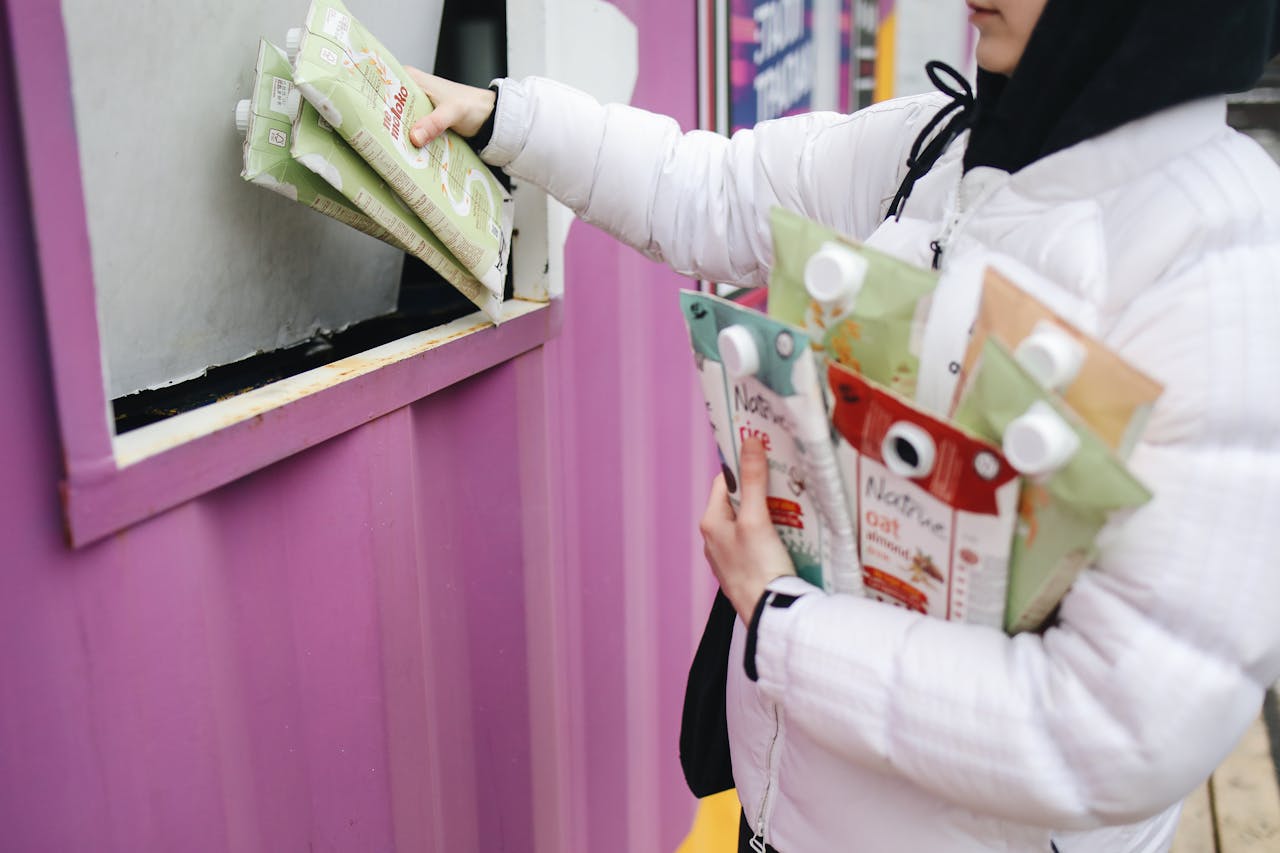Analysis of waste in trash cans helped reduce waste thrown into the wrong container
Standing in front of the trash cans, wondering which one is the right one to throw away this packaging made of two or three different types of plastic, the toothbrush, the broken bowl, the dirty glass. Between hyperlocal rules and waste that tests the ability of those who throw them away to understand what material they are made of, recycling is not always simple. A problem that has repercussions on companies that deal with disposal, who find themselves faced with bins full of waste that should have ended up elsewhere. To tackle the problem, several cities are experimenting with the use of artificial intelligence.
Analysis of recycling errors with artificial intelligence
This is the case of East Lansing, a university town in Michigan which has around 50,000 inhabitants, but where the imposed rotation of academic cycles makes it difficult for the population to learn how to sort waste. To illustrate it Bloomberg Municipal Laboratory Conference from Mexico City is Cliff Walls, the city's environmental manager. Born in 2022, the system photographs the contents of the trash cans that residents place outside their homes while waiting for them to be emptied, identifies waste that has been improperly placed there and takes a photo where it is automatically marked. Subsequently, the image is sent by mail to the address of the person who made the mistake, along with some personalized recommendations. Over a 24-week period, more than 5,000 of these postcards were sent and contamination of the recycling stream decreased by more than a fifth.
Experiment results to improve recycling with AI
Postcards with an emotional message, for example containing images of a family looking at a mountain of trash in a landfill, have proven to be the most effective, Walls said. Bloombergwho made 23% fewer errors than the control group. The Canadian city of Leduc, in the province of Alberta, has launched a similar pilot project in 2023 to prevent non-organic material from entering municipal composting bins. Thanks to the project, the number of errors found fell from 68% to 9%. Commenting on the results of the experiments, the cybersecurity experts present at the conference highlighted the attention that municipal administrations must pay to data management, since the waste they produce allows many things to be deduced about the habits of a person.
Cover image: Polina Tankilevich / Pexels


